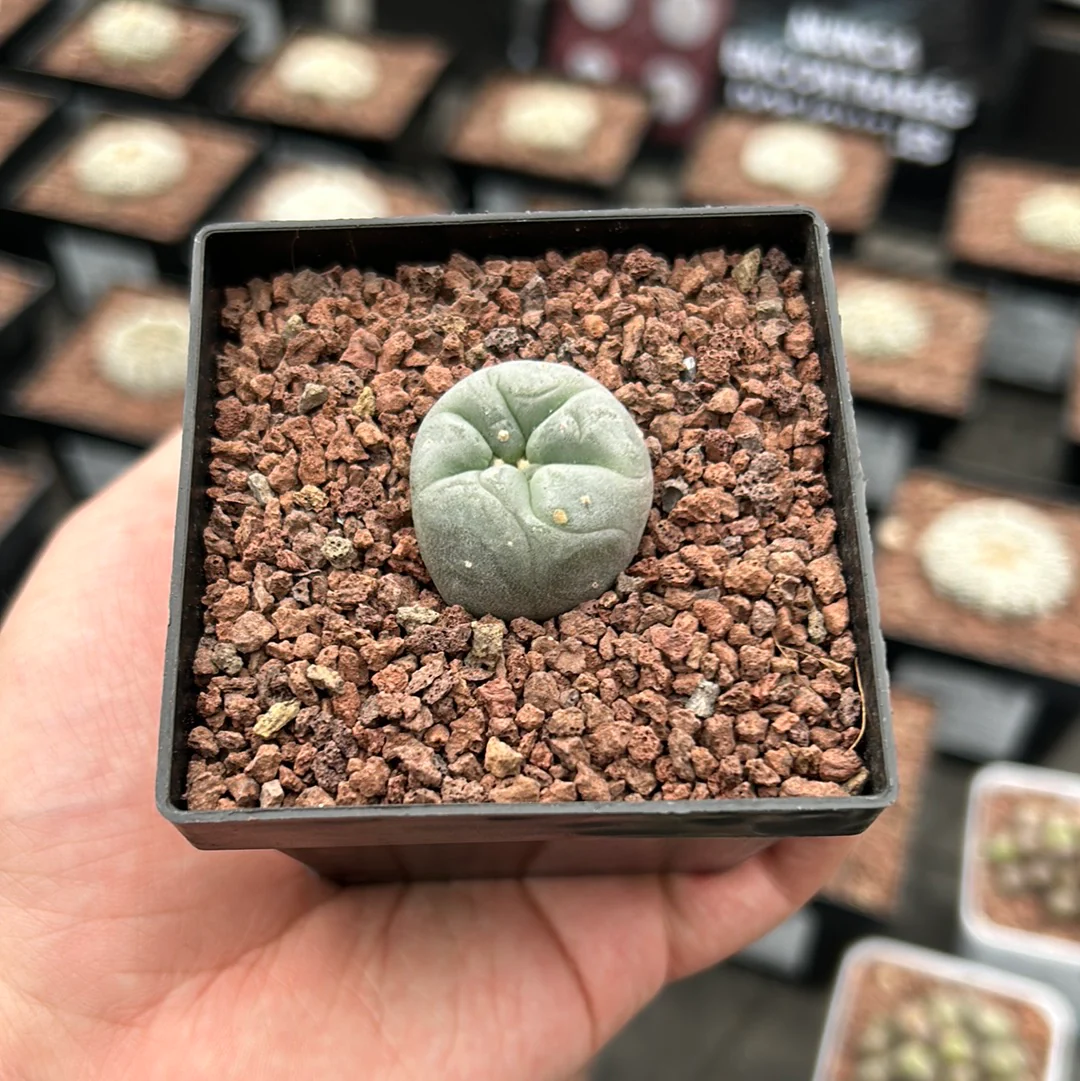Peyote cactus, scientifically known as Lophophora williamsii, is a small, spineless cactus that has long been esteemed for its psychoactive properties. The legal status of peyote seeds and the plant itself creates a mosaic of regulations across various jurisdictions. Understanding the legality of these seeds is essential for enthusiasts, researchers, and individuals curious about their ethnobotanical applications.
Before delving into the legality, it is important to familiarize oneself with the fundamentals of the peyote cactus: its historical significance, psychoactive components, and cultural relevance. These factors significantly inform the discussions surrounding the legal framework of peyote seeds.
Tucked away in the arid regions of Mexico and the southwestern United States, the peyote cactus has been a sacred plant for indigenous peoples for thousands of years. Traditionally used in religious and spiritual ceremonies, the cactus contains mescaline, a psychedelic compound that induces altered states of consciousness. However, the interplay between cultural significance and legal constraints complicates the understanding of the legality of peyote seeds.
Exploring the Legal Landscape of Peyote
The legal status of peyote seeds in the United States is multifaceted, governed by a patchwork of federal and state laws. At the federal level, the Controlled Substances Act categorizes mescaline, the active alkaloid in peyote, as a Schedule I drug. This classification implies that both peyote and its psychoactive compounds are considered illegal substances, leading to the presumption that the seeds are equally unrestricted.
However, there are exceptions that merit attention. The American Indian Religious Freedom Act (AIRFA) affords specific protections to Native American tribes, allowing them to legally use peyote in religious practices. This unique exemption raises questions about the legality for those outside of these protected groups. Consequently, while peyote cactus seeds are technically deemed illegal for cultivation or consumption for the general public, certain indigenous communities are granted the right to cultivate and use them in ceremonial settings.
The perception of peyote seeds’ legality shifts dramatically when considering individual states. Some states mirror federal restrictions, while others adopt a more lenient approach. For instance, states like Oregon and Utah have initiated legislative discussions surrounding the decriminalization of certain psychedelic substances, with peyote occasionally included in these considerations. It is vital for individuals seeking to grow or utilize peyote seeds to research and understand their specific state’s regulations, as the legal framework can dramatically vary from one jurisdiction to another.
Cultural Considerations and Ethical Implications
The legal discourse on peyote seeds intertwines closely with cultural and ethical considerations. For centuries, peyote has played a pivotal role in spiritual practices of various indigenous cultures, particularly within the Native American Church. This traditional use imparts a profound cultural significance that cannot be overlooked in legal conversations.
In many indigenous contexts, peyote is regarded as a sacred medicine. Recent years have seen a rising interest in psychedelics for therapeutic purposes; however, this surge poses ethical challenges regarding cultural appropriation and the commodification of sacred practices. Ethical considerations compel society to reflect on whether or not it is appropriate to engage with peyote outside of its intended cultural context. Commercializing peyote or its seeds raises concerns about respect for indigenous practices and potential exploitation.
Moreover, the conversations around legality also highlight the need for a deeper understanding of cultural rights. Advocating for the rights of indigenous peoples to access and utilize peyote in their rituals raises important questions regarding the recognition of sovereignty and the preservation of cultural heritage. These discussions have the potential to inform future legislative actions that can balance respect for traditional practices against aspirations for broader access to psychedelics.
The Future of Peyote Seeds: Legal Shifts on the Horizon?
The ongoing discourse surrounding the legality of peyote seeds reflects broader trends within society related to drug policy reform and the decriminalization of psychedelics. Numerous states have noted shifting attitudes towards psychedelic substances, recognizing their potential therapeutic benefits. The tide of public opinion may lead to changes in legislation concerning peyote and its seeds, transforming the legal landscape dramatically in the coming years.
As states begin to explore and implement measures that may decriminalize or allow for therapeutic use of psychedelics, the conversation surrounding peyote will evolve. Advocates are increasingly vocal about the need for a reasonable approach that balances individual freedom with cultural respect. This ongoing dialogue signals a possible shift where peyote seeds could find a place in a reimagined legal framework that honors their cultural significance while also permitting broader access under controlled circumstances.
Ultimately, navigating the legal status of peyote seeds necessitates a careful balancing act. By understanding the intricacies of various laws, cultural implications, and emerging movements, individuals can better position themselves within this complex legal landscape. Empowering informed discourse will further shape the future of peyote and its seeds within both cultural and legal paradigms.




Leave a Comment